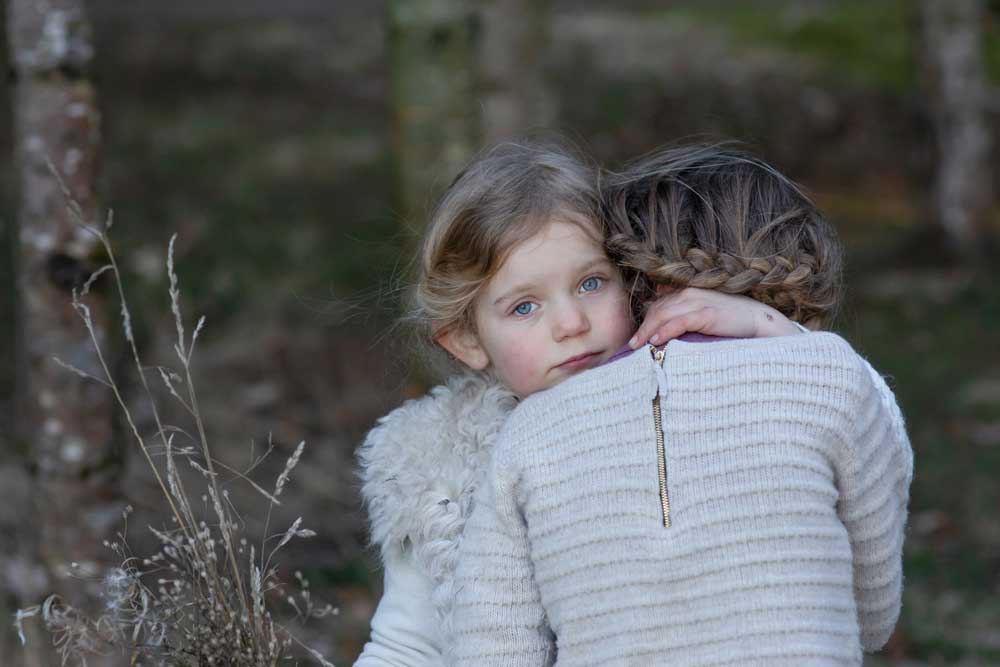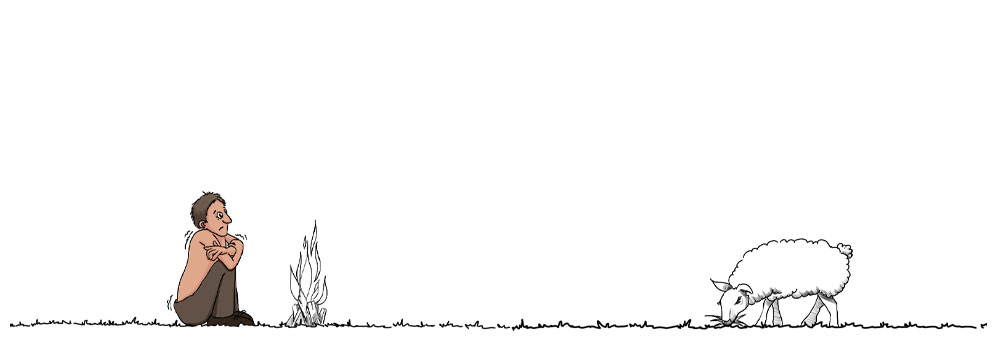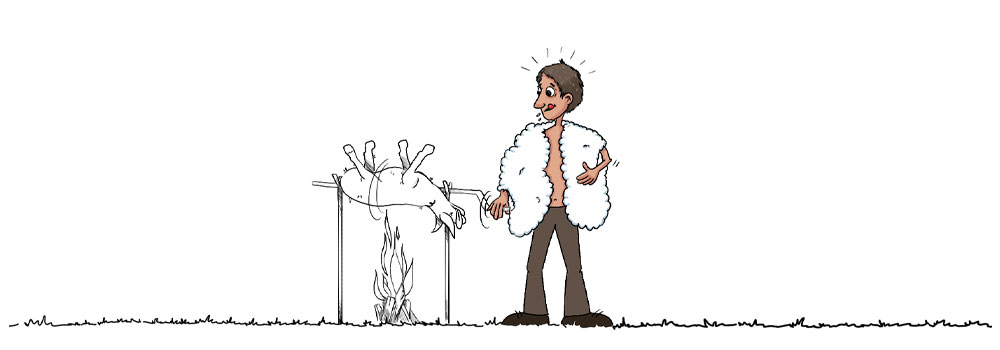Task 31 – Create good memories
Task 31
Create good memories

Bærum, Norway, 2015. Ingvild Kristine Melby
Life challenge
Painful memories
The memories that I have from the period when my father died are fixed in my memory. I don’t just remember his health falling apart and how he became continually weaker, but I also remember a number of other events and feelings and the general atmosphere from the same time such as the drives to visit his family and the place where he grew up for the last time. I remember how the mole on his leg looked while I was thinking that soon his remains would be cremated.
That is how our memory is put together. We are constructed to remember dramatic, negative events extremely well. After all it was more important for our ancestors survival to remember where the poisonous snakes were than it was to remember where the good straw- berries were. You could always find new places to get strawberries but a bad encounter with a snake could mean the end of your life. Also, the time immediately before and after an episode would stick with us so we can learn from the incident that led to the dramatic event.
At my doctor’s office I see how bad memories can leave their mark on an entire life. Child neglect, bullying, abuse and other traumatic events leave lasting traces. Since memories are attached to the brain during emotionally intense moments, they are almost impossible to erase, and each time they are recalled, they are repeated and further cemented in our memory. The memories are played on autorepeat like in a horror film and they can create depression and anxiety.
Adrenalin and cortisol superglues our negative experiences into our memory. Positive experiences fuelled by adrenalin, dopamin and serotonin also sticks well. Casual experiences, unaided by these hormones unsticks easily like post-it notes. From nature’s point of view, it was important for people to be able to remember how a hunting trip had been successful. Therefore, we also remember better the times we take photographs because the brain and body are more alert and create good memories. Perhaps the good memories can slowly but surely balance out the bad ones that we struggle with?
Do you know anyone who struggles with painful memories and deals with them badly? Do you know anyone who struggles with bad memories but deals with them well? What could be the cause for that?
On a scale of 1 to 6, how relevant is this issue for you?:

Solution
Creating good memories
PTSD (post-traumatic stress disorder) is a well-known diagnosis. PTG (post-traumatic growth) is unfortunately less known. I, however, prefer my own diagnosis that I made up to counter PTSD – PEJS (post ecstatic joy syndrome)!
Good memories of positive experiences can also appear suddenly in our heads. They can be difficult to get rid of and can lead to a rush of joy even decades after the episode has happened, such as, for me, watching the sunrise at the volcano at Mt. Merapi in Indonesia, standing at the top of winners’ podium when representing my national team, the days of chasing my children through the streets of Santorini or a long series of other blissful experi- ences. They suppress the long line of painful memories I have stored away. It is striking how many of them have something to do with photography.
One aspect of the CameraCure is that we are able to put our inner horror film on pause while we are out photographing. Another, and just as important effect, is that with a camera we are creating new, good memories both in form of the physical picture that we can print and hang on a wall and in the experience itself of taking the photo. Good memories function like an anti-depressant. They can be recalled on a rainy day when everything else seems heavy. You can find something healthy in every single good memory. And perhaps the bad memories can be pushed a little to the back of our minds?
PHOTO ASSIGNMENT:
Can you photograph something memorable today that you may remember for the rest of your life?
On a scale of 1 to 6, how useful was this task for you?:
BOOK SUGGESTION: Rising Strong by Brené Brown

❞ What I like about photographs is that they capture a moment that’s gone forever, impossible to reproduce.
Karl Lagerfeld
❞ Memories warm you up from the inside. But they also tear you apart.
Haruki Murakami
❞ Life is all memory,
Tennessee William
except for the one present moment that goes by you so quickly you hardly catch it going.
[note_editor]

